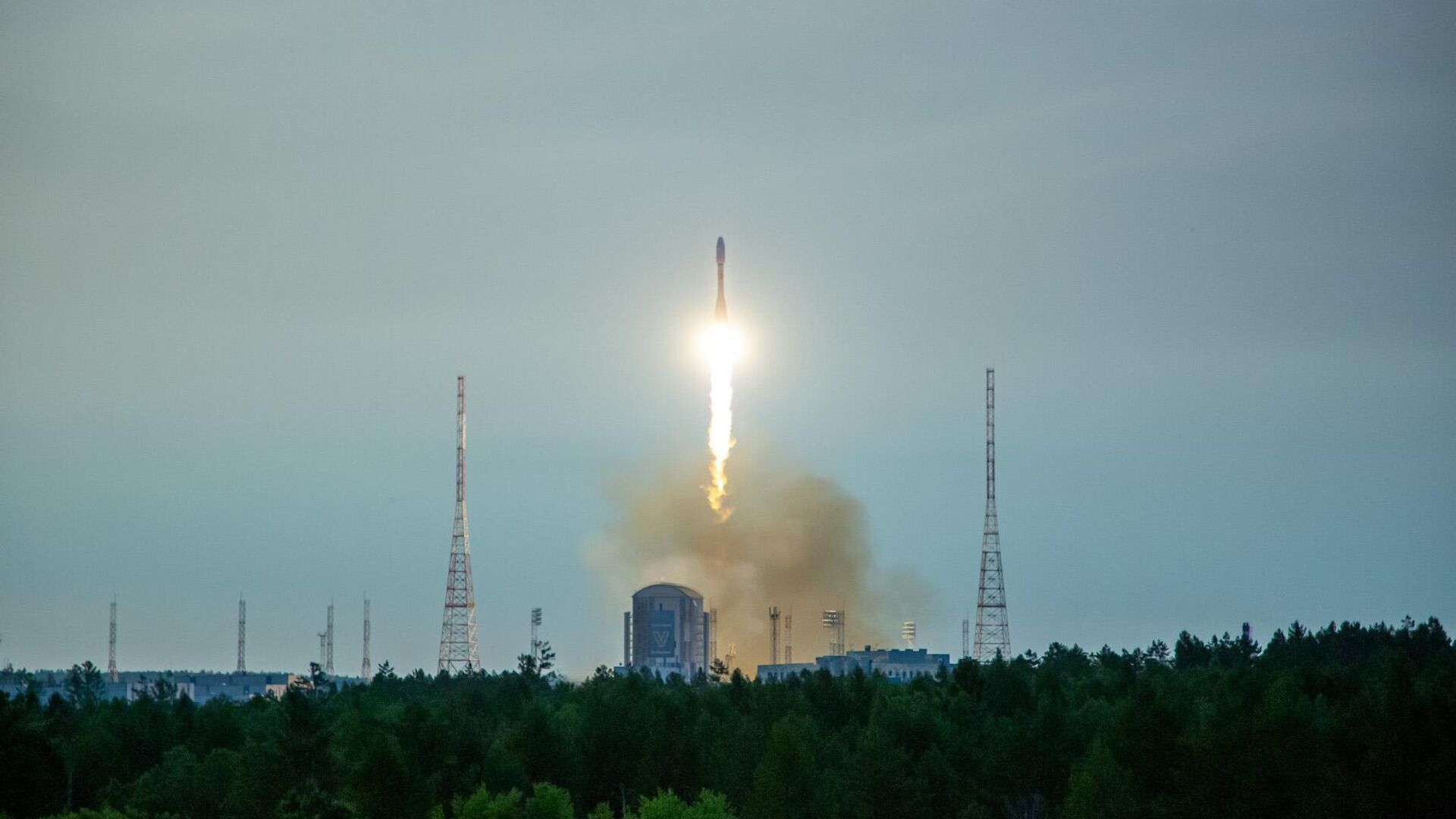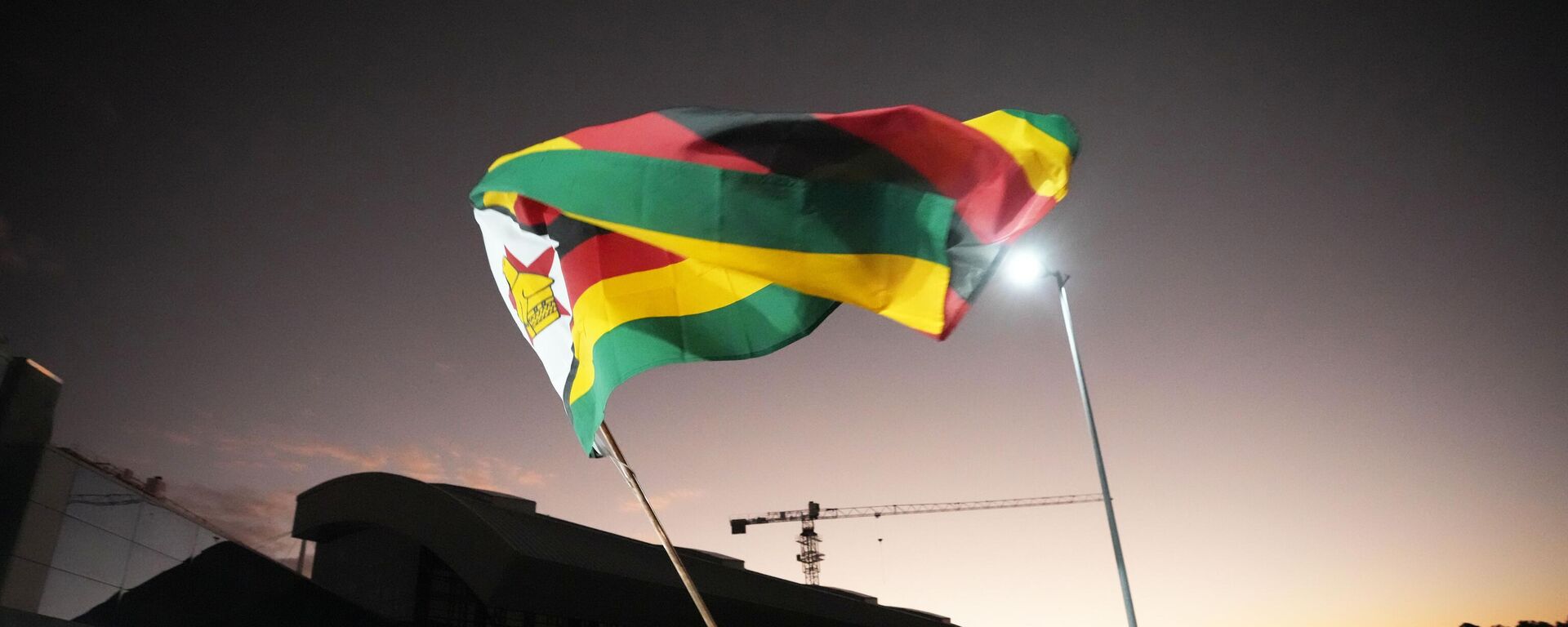https://en.sputniknews.africa/20230707/russias-low-orbit-satellite-constellation-to-provide-broadband-internet-from-2027-1060397217.html
Russia's Low-Orbit Satellite Constellation to Provide Broadband Internet From 2027
Russia's Low-Orbit Satellite Constellation to Provide Broadband Internet From 2027
Sputnik Africa
According to Russia's Communications Ministry, the project aims to use a low Earth orbit to provide commercial broadband internet services that will be... 07.07.2023, Sputnik Africa
2023-07-07T15:54+0200
2023-07-07T15:54+0200
2023-08-03T10:50+0200
russia
internet
satellites
technology
international
https://cdn1.img.sputniknews.africa/img/07e7/07/07/1060397799_0:94:1800:1107_1920x0_80_0_0_23809393ea449096b68d51143fde91aa.jpg
Russia is building its own constellation of low Earth orbit (LEO) satellites that will start providing high-speed, low-latency internet to users from 2027, the Communications Ministry said Friday. Three LEO satellites were launched from the Vostochny space port in the Russian Far East as part of a pilot mission that will pave the way for Russia's own constellation of hundreds of LEO satellites delivering internet services to users in 75 countries. Russia plans to launch a dozen missions to the LEO every year starting 2025. Each rocket will carry a payload of some 15 satellites, with more than 900 LEO satellites expected to be put into orbit by 2035.
https://en.sputniknews.africa/20230704/zimbabwe-interested-in-using-russian-satellites-for-broadcasting-minister-says-1060328195.html
russia
Sputnik Africa
feedback@sputniknews.com
+74956456601
MIA „Rossiya Segodnya“
2023
Sputnik Africa
feedback@sputniknews.com
+74956456601
MIA „Rossiya Segodnya“
News
en_EN
Sputnik Africa
feedback@sputniknews.com
+74956456601
MIA „Rossiya Segodnya“
Sputnik Africa
feedback@sputniknews.com
+74956456601
MIA „Rossiya Segodnya“
russia, internet, satellites, technology, international
russia, internet, satellites, technology, international
Russia's Low-Orbit Satellite Constellation to Provide Broadband Internet From 2027
15:54 07.07.2023 (Updated: 10:50 03.08.2023) According to Russia's Communications Ministry, the project aims to use a low Earth orbit to provide commercial broadband internet services that will be high-speed and low-latency, it is projected to become operational in by 2027.
Russia is building its own constellation of low Earth orbit (LEO) satellites that will start providing high-speed, low-latency internet to users from 2027, the Communications Ministry said Friday.
Three LEO satellites were launched from the Vostochny space port in the Russian Far East as part of a pilot mission that will pave the way for Russia's own constellation of hundreds of LEO
satellites delivering internet services to users in 75 countries.
"The current transmission speed is 12 Mbps [Megabits per second] and latency […] is 41 milliseconds. The pilot mission does not aim for high speeds but you can stream a movie in HD format even at this speed rate," the ministry said.
Russia plans to launch a dozen missions to the LEO every year starting 2025. Each rocket will carry a payload of some 15 satellites, with more than 900 LEO satellites expected to be put into orbit by 2035.


